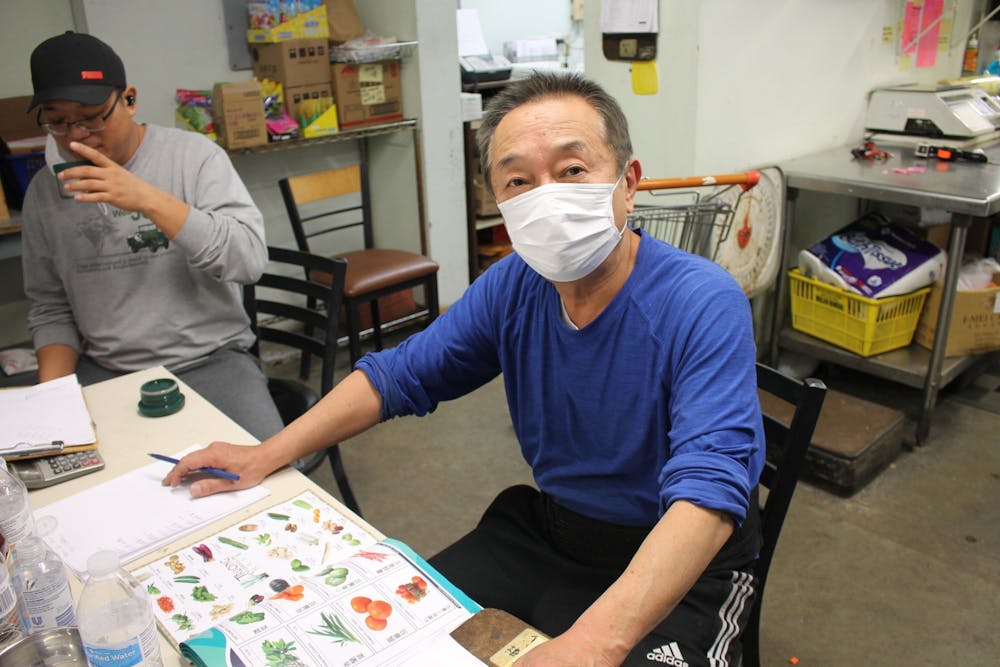Bloomington’s Asian business owners have faced challenges growing their businesses and maintaining their sales levels as the COVID-19 pandemic has limited the number of visiting customers. However, they are optimistic about their businesses recovering as the pandemic subsides and international students return to Bloomington.
Matt Boyer, whose mother’s family comes from China, founded his personal training studio Move Bloomington last August and is currently its only staff. He said he saw an opportunity in people needing more individualized fitness training to avoid injuries. He said although it wasn’t ideal founding his studio in the middle of the pandemic, the market opportunity and the good location of his studio convinced him to go ahead and start his business.
The biggest challenge brought by the pandemic is getting his business’s name out in the community, Boyer said.
“It’s just hard to really go in anywhere,” he said. “You don’t want to just go into a restaurant and start talking to people or talk to the owner about, ‘Hey, I just opened down the street.’ You’re not going to do that right now because it’s a pandemic.”
B-Town International Market founder Mark Li said the store’s sales dropped by about 25% since IU shut down its campus last March. He said the drop in sales is mainly because IU’s Chinese international students did not return to campus, as well as strained U.S.-China relations.
“In the past people used to line up at the doorstep every day,” he said. “Now that’s not happening at all.”
Li said his biggest hope is for Chinese students to return to Bloomington in August. But he said the store hasn’t been waiting idly for summer. He said now that many of his customers are local Americans, he has stocked more southeast Asian and Japanese snacks to cater to their preferences.
“We have to make it through,” he said. “There’s still much room for us to improve. But once the Chinese students return, our business will get better. Adding our American customers on top of our Chinese customers, our business can be even better than before.”
As challenging as it is, Li said running a supermarket is still not as difficult as running a restaurant during the pandemic. He said many customers may choose to avoid visiting restaurants for fear of contracting the coronavirus, but few can give up grocery shopping.
“At the end of the day, you’ve still got to eat, right?” he said.
Alan Liu, manager at Homey Hot Pot & Sushi, said their sales dropped by 60-70% since March, 2020. He said the restaurant’s main customers are Asian international students, many of whom haven’t been in Bloomington the past year.
“We’ve rolled out deliveries for things like soup noodles,” he said. “But after all there aren’t many Asian students on campus.”
The all-you-can-eat restaurant closed last year from mid-March to mid-August. Liu said since its reopening, business has been improving sluggishly. He said the restaurant’s menu prices have risen due to costs for vegetables, meat, seafood and beverages, which rose because of the pandemic’s disruption of the American and global economy.
Liu said it’s impossible for business to return to normal right after international students return for the fall semester. However, he remains hopeful that his restaurant will gradually recover after summer break.
"Running a business, well, the most important virtue is perseverance,” he said. “You can’t give up right away just because of a couple months.”
The interviews with Mark Li and Alan Liu are translated from Mandarin Chinese.




